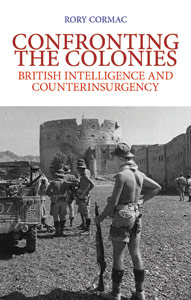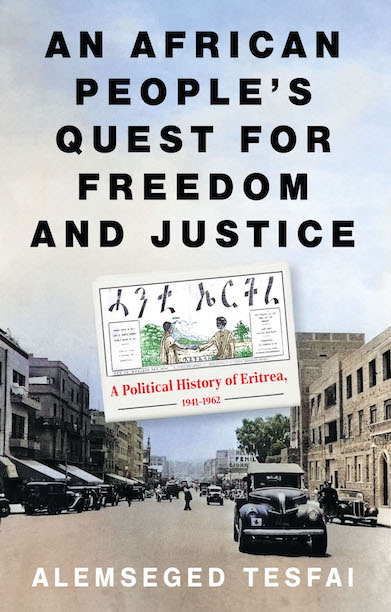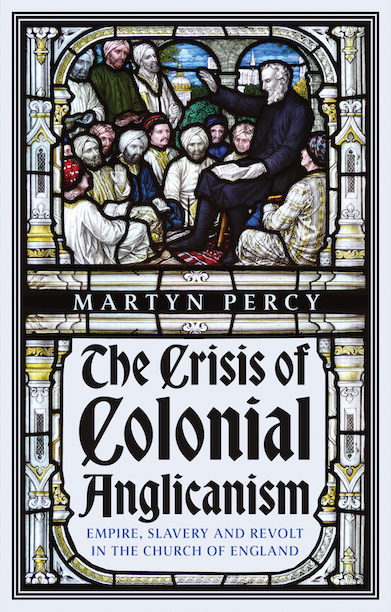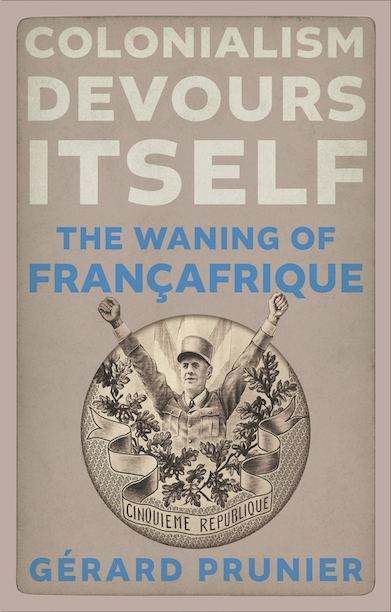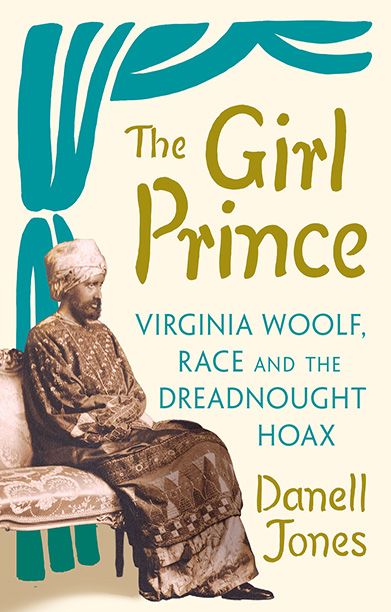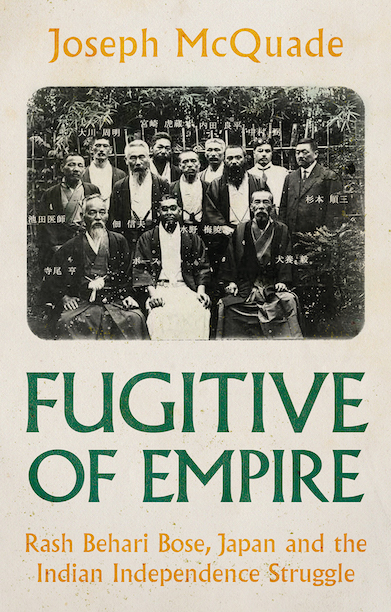Confronting the Colonies
British Intelligence and Counterinsurgency
‘An intelligent, authoritative and penetrating analysis of how spycraft impacts upon strategy. … This book is essential reading for all those who want to understand the hidden world of low intensity conflict.’ – Professor Richard J. Aldrich, author of GCHQ
Description
Moving the debate beyond the place of tactical intelligence in counterinsurgency warfare, Confronting the Colonies considers the view from Whitehall, where the biggest decisions were made. It reveals the evolving impact of strategic intelligence upon government understandings of, and policy responses to, insurgent threats.
Confronting the Colonies demonstrates for the first time how, in the decades after World War Two, the intelligence agenda expanded to include non-state actors, insurgencies, and irregular warfare. It explores the challenges these emerging threats posed to intelligence assessment and how they were met with varying degrees of success. Such issues remain of vital importance today. By examining the relationship between intelligence and policy, Cormac provides original and revealing insights into government thinking in the era of decolonisation, from the origins of nationalist unrest to the projection of dwindling British power. He demonstrates how intelligence (mis-) understood the complex relationship between the Cold War, nationalism, and decolonisation; how it fuelled fierce Whitehall feuding; and how it shaped policymakers’ attempts to integrate counterinsurgency into broader strategic policy.
Table of contents
Acknowledgements
Abbreviations
1. Intelligence Assessment in an Age of Competing Threats
An Age of Competing Threats
Strategic Intelligence and the British Counterinsurgency Experience
The Joint Intelligence Committee and the Importance of Strategic Intelligence
2. Unfulfilled Potential: Malaya, 1948–1951
The JIC in 1948
Warning and Assessment
Broadening Assessments
Intelligence ‘Management’
Broader Reflections
3. Turf Wars and Tension: Cyprus, 1955–1959
The JIC, 1955—1959
Intelligence Advice
Assessing the Internal Threat
Internationalising Insurgencies
Broader Reflections
4. Into the Whitehall Minefield: Aden and the Federation of South Arabia, 1962–1967
The JIC, 1962–1967
Intelligence Reform
Threat Assessment
Covert Action
Broader Reflections
5. After Pax Britannica: Oman, 1968–1975
The JIC in 1968
Managing Intelligence Overseas
Assessments
Policy Input
Broader Reflections
6. Defining Threats, Understanding Security
JIC Evolution and the Quest for Inclusivity
Strategic intelligence and counterinsurgency: roles and lessons
Notes
Bibliography
Index
Reviews
‘An intelligent, authoritative and penetrating analysis of how spycraft impacts upon strategy. Rory Cormac reveals for the first time the secret role of intelligence in the twilight wars of British counter-insurgency. This book is essential reading for all those who want to understand the hidden world of low intensity conflict.’ — Professor Richard J. Aldrich, author of GCHQ
‘Whilst much of the story of Cold War intelligence has been chronicled by historians, the secret battles that went on in parallel to derive and assess intelligence on Britain’s colonial struggles has not been sufficiently explored. Dr Cormac has filled that gap admirably. His thoroughly researched account provides new insights into how British government and its Joint Intelligence Committee handled the painful process of decolonization and disengagement from empire.’ — Sir David Omand, former UK Security and Intelligence Coordinator and JIC member
‘Cormac’s book explores the links between the intelligence centre in London and what was going on in the colonies. It is the first to illustrate the role that intelligence played in decision making and does so in a coherent and persuasive fashion, destroying many of the myths about Britain’s colonial past and the impact of intelligence. A riveting read that should appeal to a wide audience.’ — Michael Goodman, King’s College London, author of Learning from the Secret Past: Cases in British Intelligence History
Author(s)
Dr Rory Cormac is a lecturer in international relations at the University of Nottingham. He has previously worked at King’s College London and the University of Warwick. Cormac’s research interests include the relationship between intelligence and policy, as well as the history of British covert action and secret foreign policy.
